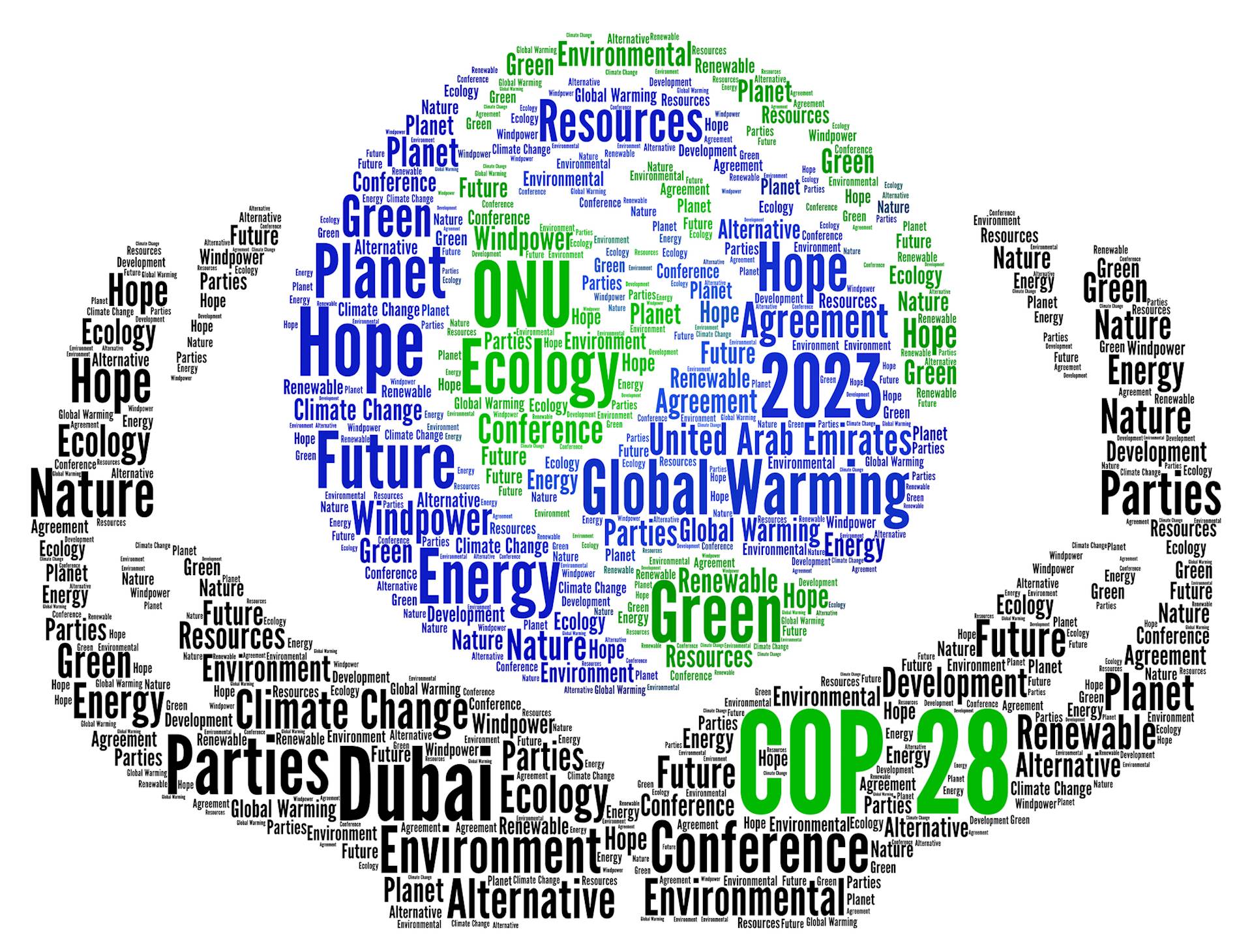
On the heels of the National Oceanic and Atmospheric Administration (NOAA) recording the warmest September in the 174-year NOAA record, the 28th meeting of the Conference of the Parties (COP) of the United Nations Framework Convention on Climate Change (UNFCCC), otherwise known as COP 28, was held in Dubai earlier this month, with over 160 countries and 84,000 people registering to attend. The themes of COP 28 were aimed at tackling the causes of climate change and managing the impacts of a warming planet.
Although this is the 28th COP, it is the first with a “global stocktake,” which is similar to taking inventory of what has been accomplished and is defined by the UNFCCC as “looking at everything related to where the world stands on climate action and support, identifying the gaps, and working together to chart a better course forward to accelerate climate action.” The technical dialogue of the first global stocktake was published Sept. 8 by the UNFCCC and included 17 key findings in four different areas (e.g., context; mitigation, including response measures; adaptation, including loss and damage; and means of implementation and support and finance flows).

NOAA Climate.gov map and graph, based on data from NOAA National Centers for Environmental Information.
The first key finding provides a good summary of where we are and what needs to be done: “since its adoption, the Paris Agreement has driven near-universal climate action by setting goals and sending signals to the world regarding the urgency of responding to the climate crisis. While action is proceeding, much more is needed now on all fronts [emphasis added].” Let us hope that COP 28 addresses that last phrase.
As of the writing of this article, much has been accomplished at COP 28, with approximately 118 countries agreeing to triple renewable power generation capacity and double energy efficiency this decade, plus 50 oil and natural gas producers and almost 30 national oil companies signed pledges to reduce their carbon emissions to net zero by 2050 and cut methane emissions to near-zero levels by 2030.
With the final statements from COP 28 yet to be written, it is unclear how this COP and its progress will be remembered. The Associated Press article, “5 Reasons Why COP 28, the UN Climate Talks, Are Worth Your Attention,” says these talks are important because they exert peer pressure, produce clear goals, frame debates, foster slow but solid progress — and there’s no other option.
Let’s hope the time spent on COP 28 is worth the effort of the attending nations and people. It would be nice if COP 28 goes down in history as the COP that established the roadmap to solve these issues!
Bill Bradford can be reached at bbradford@hanson-inc.com.